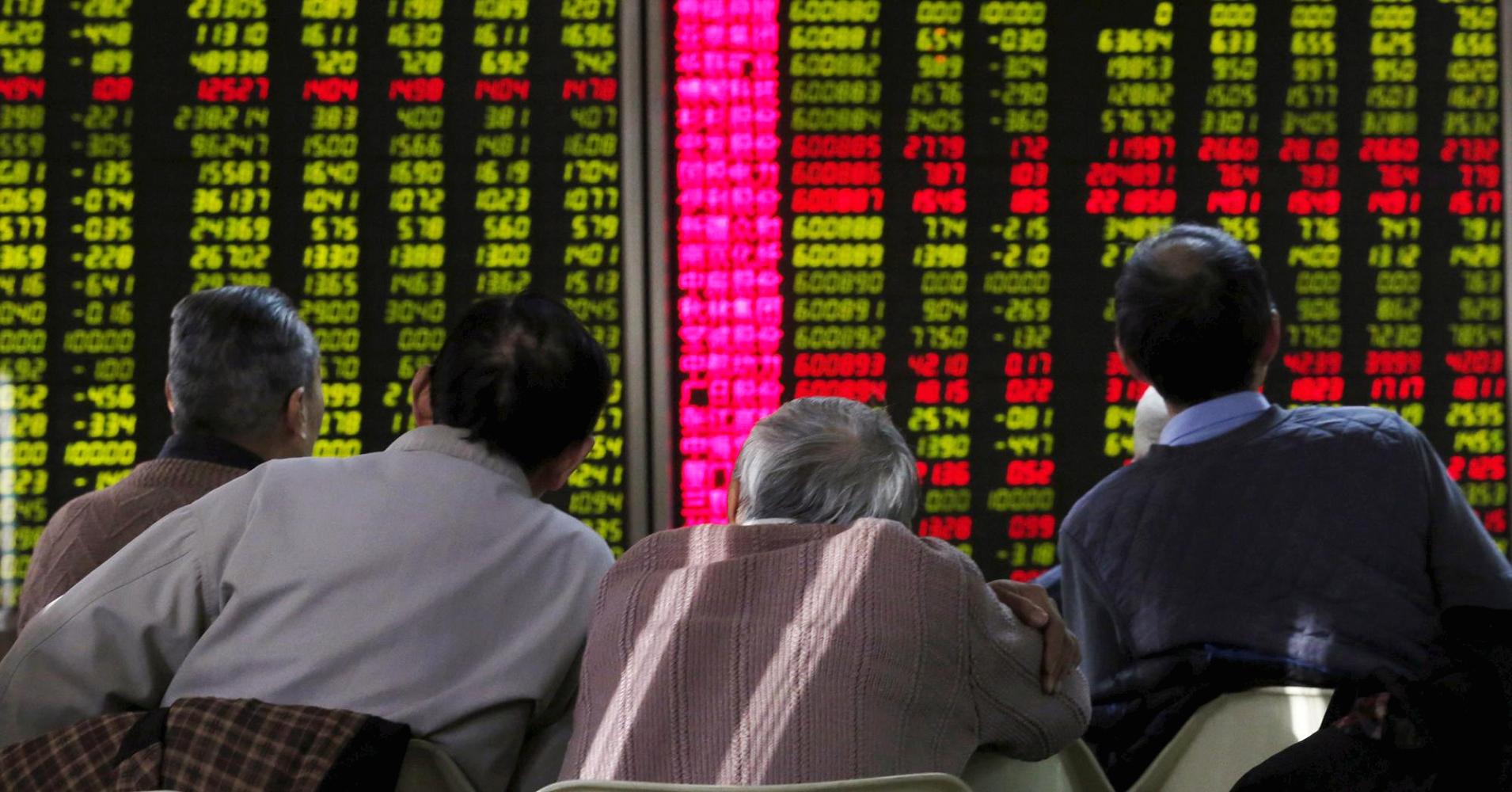
Most Asian markets traded moderately lower on the last day of the trading week amid a backdrop of global trade-related developments and political news out of Washington.
In Tokyo, the Nikkei 225 gave up earlier gains to slip 0.66 percent and the broader Topix was off by 0.47 percent. Among major sectors, automakers came under pressure while technology names traded mixed.
Meanwhile, in Seoul, the Kospi edged down 0.4 percent as declines in heavyweight tech names dragged the index lower despite gains in financials and retailers. Manufacturing stocks were mixed.
Greater China markets searched for direction, with Hong Kong’s Hang Seng Index lower by 0.31 percent. China Unicom advanced 1.89 percent, but those gains were unable to lift the broader index as property names and the energy sector drove losses.
Markets on the mainland traded slightly lower, with the Shanghai composite lower by 0.12 percent and the smaller Shenzhen composite off by the same level.
Down Under, the S&P/ASX 200 bucked the trend to edge up by 0.4 percent, with all sectors gaining except financials and gold producers.
Gains were led by the telecommunications sector and the consumer staples subindex, which popped 3.23 percent. Those gains came as Wesfarmers jumped 6.63 percent following news it would be spinning off its Coles supermarket business.
Trade-related developments were once again in focus, with the Wall Street Journal reporting that the Trump administration was looking to impose tariffs on at least $30 billion of imports from China. Reuters on Tuesday said the figure could be around $60 billion.
Some investors are concerned that tariffs could result in retaliatory actions taken by U.S. trading partners, which could in turn lead to a trade war that dents growth.
Despite that, White House National Trade Council Director Peter Navarro on Thursday told CNBC that the U.S. could implement tariffs on imports without causing a trade war.
Political developments were also in focus after the Washington Post reported that President Donald Trump has decided to remove White House national security advisor H.R. McMaster from the administration.
U.S. stocks were pressured in the overnight session by news that special counsel Robert Mueller had subpoenaed Trump’s businesses. It was unclear what information Mueller requested, but the New York Times reported that the probe could last several more months.
The dollar slipped against the safe-haven yen on poorer risk sentiment. The greenback traded at 105.90 by 12:17 p.m. HK/SIN after touching as high as 106.38 earlier in the session.
The dollar index, which tracks the greenback against a basket of rivals, pared some of its overnight gains to trade at 90.074 by 12:09 p.m. HK/SIN.
Some analysts attributed the dollar’s move higher in the last session to comments from Larry Kudlow, the incoming top White House economic advisor, on Wednesday. Kudlow had told CNBC he favored a stronger dollar. (Larry Kudlow has been a long-time contributor to CNBC.)
Moves in the currency also come ahead of the Federal Reserve’s meeting next week.
“A more crucial driver of the overnight move, perhaps, is a possible adjustment ahead of the Federal Open Market Committee next week. With a rate hike baked in, and the expectation for the dot plot to show four hike swirling at the margins, investors may be inclined to pare down on their implied dollar shorts,” OCBC Bank economist Terence Wu said in a note.
In corporate news, Samsung’s latest Galaxy S9 and S9+ smartphone models will be available in several markets on Friday after their initial launch in February. Shares of Samsung Electronics were down 1.98 percent as other South Korea tech names also recorded declines.
Meanwhile, shares of Leshi Internet and Information Technology plunged by the daily limit of 10 percent after its chairman left the company. Leshi, the listed unit of embattled tech company LeEco, is down around 60 percent this year.
Also of note, Alibaba Group, currently listed in New York, is looking to list in China, according to the Wall Street Journal. The e-commerce giant told CNBC it would consider a listing on the mainland if regulation allowed for it.
Chinese depository receipts could be introduced in China “very soon,” Reuters reported, citing state-run financial newspaper Shanghai Securities News. The CDRs would give mainland investors a path to some companies listed outside China, Reuters said.
Disclosure: Larry Kudlow has been a long-time contributor to CNBC.
— CNBC’s Jacob Pramuk contributed to this report.

